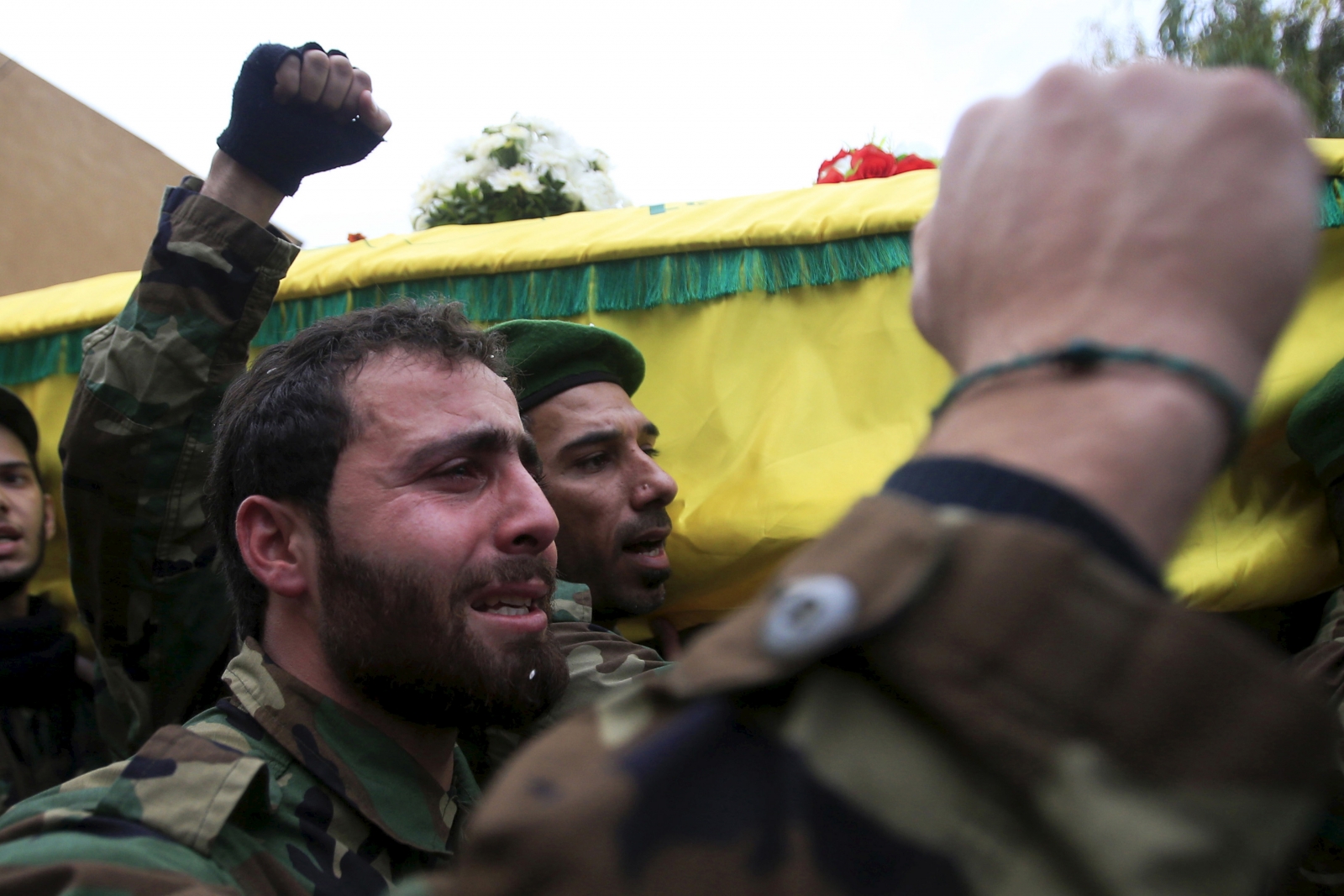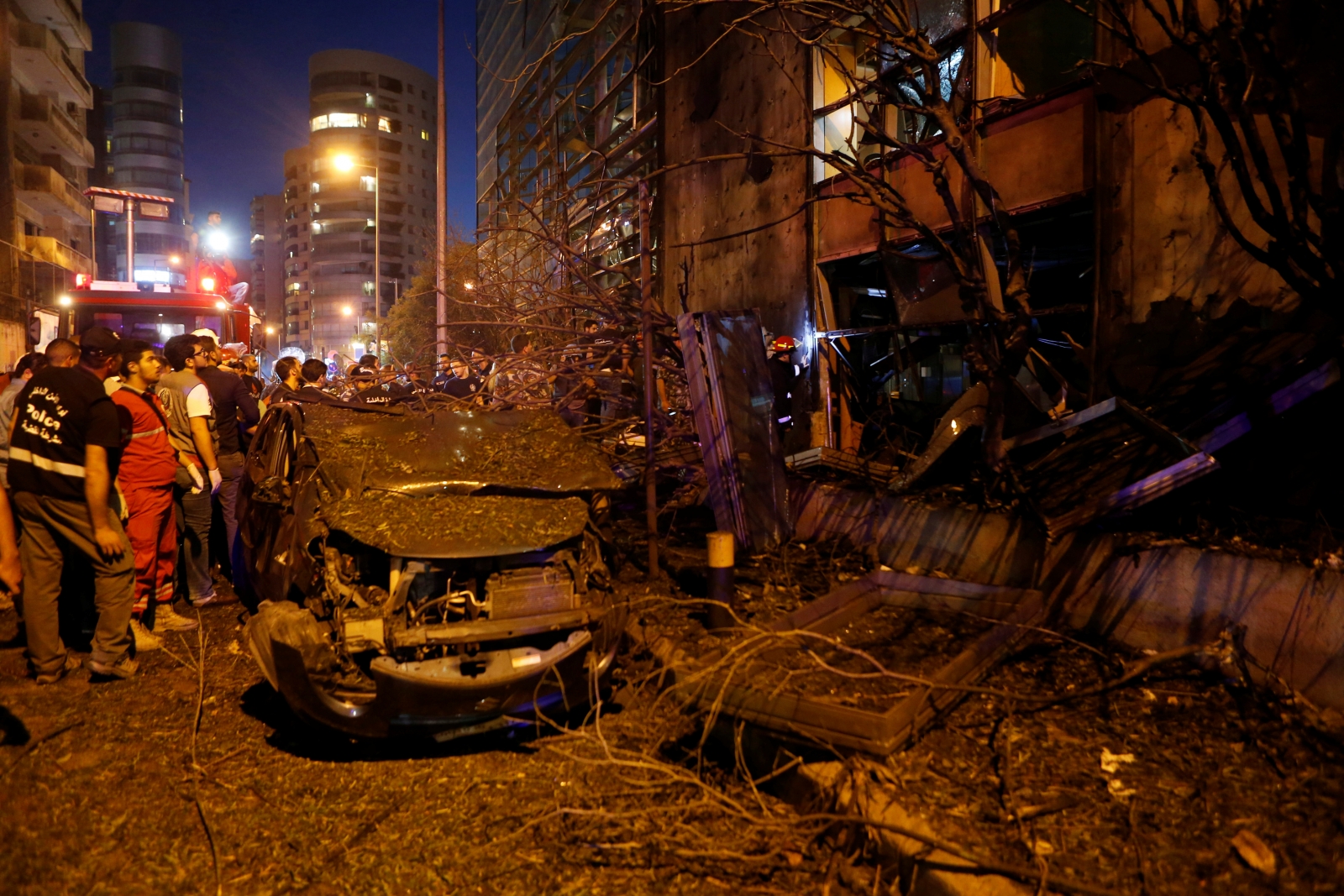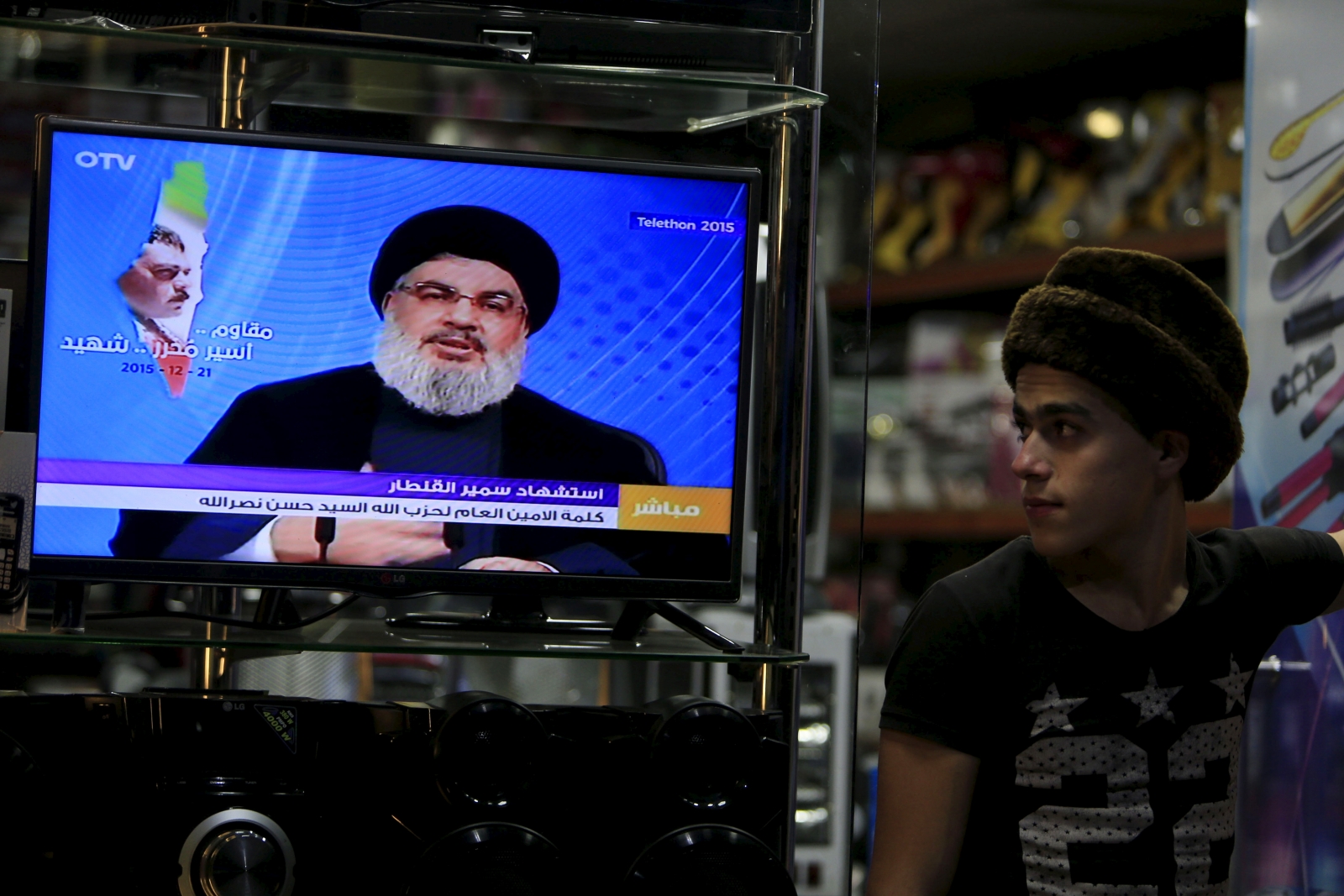
TAARIFA ya hali ya wakimbizi duniani kufikia mwaka 2015 inaonesha kwamba watu milioni 65.3 wanaishi kikimbizi ikilinganishwa na watu milioni 59.5 kwa mwaka 2014.
Ongezeko hilo la watu milioni 5.8 katika kipindi cha miezi kumi na mbili kimelezwa kuwa ni la kiwango cha juu tangu kuanzishwakwa Umoja wa Mataifa.
Katika taarifa yake kuadhimisha siku ya wakimbizi duniani (Global Trends) Shirika la Kuhudumia wakimbizi (UNHCR) limesema dunia kwa sasa inakabiliwa na kundi kubwa la watu waliolazimika kuyakimbia makazi yao kwa sababu mbalimbali ikiwamo migogoro ya kivita, ubaguzi na uvunjaji wa haki za binadamu.
“Takwimu zilizopo leo hii, aina ya migogoro iliyopo na ugumu wake kumesababisha kuwapo na wimbi kubwa la wakimbizi tangu kuanzishwa tangu kuanzishwa kwa Umoja wa Mataifa; watu milioni 60 wameondolewa katika makazi yao duniani hapa. Kila siku janga la wakimbizi linatangazwa katika vyombo vya habari ; watoto, wanawake na wanaume wakipoteza maisha yao katika jaribio la kukimbia vurugu zilizopo katika eneo lao" anasema Filippo Grandi, Mkuu wa UNHCR.
Kati ya wakimbizi milioni 65.3, wakimbizi milioni 3.2 wako katika nchi zenye viwanda wakisubiri kutambuliwa hadhi zao kama wakimbizi, milioni 21.3 wametawanyika duniani kote na milioni 40.8 wamelazimika kukimbia maeneo yao lakini wapo katika nchi zao.

Mwakilishi wa UNHCR Tanzania, Bi Chansa Kapaya akizungumza kwenye maadhimisho ya siku ya wakimbizi duniani yaliyofanyika katika kambi ya wakimbizi, wilayani Kasulu, mkoani Kigoma.
Imeelezwa kuwa kwa kuzingatia idadi ya watu waliopo duniani takribani bilioni 7.349 ina maana kwamba mtu mmoja kati ya watu 113 ama anatafuta hifadhi, amekimbia makazi yake lakini yupo katika nchi hiyo hiyo au ni mkimbizi.
Kimsingi duniani kwa sasa kuna watu wengi waliolazimishwa kuhama makazi ya kuliko idadi ya watu waliopo Uingereza, Ufaransa au Italia.
Miaka 10 iliyopita, mwishoni mwa mwaka 2005, UNHCR ilirekodi wastani wa watu sita kukosa makazi kila dakika duniani lakini sasa ni wa 24 kila dakika.
Watu milioni 1.8 walilazimika kukimbia nchi zao kwa mwaka 2015 ukilinganisha na watu milioni 2.9 mwaka 2014.
Uturuki iliorodhesha idadi kubwa ya wakimbizi wapya wakiwamo 946,800 kutoka Syria. Urusi walikuwa na wakimbizi 149,600 kutoka Ukraine. Na vurugu zilipoibuka Burundi mwezi Aprili, karibu watu 123,400 walikimbilia Tanzania.

Kwa idadi hiyo Tanzania inakuwa nchi ya tatu kwa kuhifadhi wakimbizi wengi duniani.
Wakati wakimbizi wapya wa Burundi wanaingia Tanzania,UNHCR ilikuwa katika operesheni ya kuwawezesha wakimbizi waliopo kuendelea na maisha yao ya kawaida. Aidha katika kipindi hiki Tanzania ilitoa uraia kwa wakimbizi wa Burundi walioingia nchini mwaka 1972 ambao walikuwa wakiishi Tabora na Katavi na Marekani iliwapokea wakimbizi 30,000 wa Kongo waliokuwa wakiishi Nyarugusu, Kigoma.
Tangu kuanza kwa wimbi jipya la wakimbizi kutoka Burundi zaidi ya watu 141,000 wamekimbilia Tanzania kutafuta hifadhi na kuifanya Tanzania kuwa nchi inayohifadhi wakimbizi wengi kutoka Burundi.
Asilimia 77.9 ya wakimbizi hao wapya ni wanawake na watoto, Watoto wengi waliofika Tanzania ni wale waliozaliwa katika ardhi ya Tanzania (63,961) wamehifadhiwa katika kambi ya Nyarugusu, moja ya kambi kubwa duniani ikiwa na wakimbizi 131,733.Mazingira ya maisha yao yakiwa magumu. Moja ya vitu ambavyo vinafanywa na UNHCR ni kuwatawanya wakimbizi hao ili kuleta nafuu katika kambi hiyo.
Wakimbizi wengine wapo katika kambi za Nduta na Mtendeli zilizofunguliwa Oktoba 2015 na Januari 2016 kwa lengo la kupunguza msongamano katika kambi ya Nyarugusu na wakati huo huo kutoa nafasi kwa wakimbizi wapya.
Hata hivyo Nduta haraka sana ilifikia kiwango chake cha juu kinachopaswa kuwepo hapo Ilipofika Aprili mwaka huu; Kambi hiyo ina wakimbizi 55,000. Wakimbizi wapya kwa sasa wanapokelewa kambi ya Mtendeli ambapo wakazi wake waliongezeka kufikia 21,796.

Lipo eneo jingine linafikiriwa kufanywa kambi ya wakimbizi eneo la Karago, lakini eneo hili lina matatizo ya maji na haifikiriwi kwamba inaweza kubeba wakimbizi 50,000 wanaotarajiwa kuingia Tanzania kutoka Burundi.
“Wahisani wa kimataifa wameweza kuitikia wito wa kukabiliana na wimbi la wakimbizi wa Burundi na hivyo kuipunguzia mzigo serikali ya Tanzania,UNHCR na Mashirika mengine ya Umoja wa pamoja na taasisi zisizo za kiserikali. hata hivyo bado kunatakiwa raslimali nyingi zaidi ili kukabilina na wimbi hilo,” anasema Mwakilishi wa UNHCR Tanzania, Bi Chansa Kapaya.
UNHCR Tanzania imepata asilimia 40 ya mahitaji yake kusaidia wakimbizi wa Burundi mwaka kukiwa na pengo la dola za Marekani milioni 44.8 hadi kufikia Juni 19,2016.Kwa mantiki hiyo fedha kwa ajili ya kusaidia wakimbizi wa Burundi wanaotarajiwa kufikia 330,000 mwishoni mwa mwaka huu zipo kidogo sana.


















 By
By 
 By
By  Hezbollah members at the funeral of a Shia fighter killed in Syria in Qnarit village, southern Lebanon.REUTERS/Ali Hashisho
Hezbollah members at the funeral of a Shia fighter killed in Syria in Qnarit village, southern Lebanon.REUTERS/Ali Hashisho Policemen and civilians inspect the site of an explosion at the headquarters of the Lebanese Blom Bank in Beirut, Lebanon June 12, 2016. REUTERS/Mohamed AzakirREUTERS/Mohamed Azakir
Policemen and civilians inspect the site of an explosion at the headquarters of the Lebanese Blom Bank in Beirut, Lebanon June 12, 2016. REUTERS/Mohamed AzakirREUTERS/Mohamed Azakir A man watches Lebanon's Hezbollah leader Sayyed Hassan Nasrallah speaking on television inside an electronics shop in the port city of Sidon, southern Lebanon December 21, 2015.REUTERS/Ali Hashisho
A man watches Lebanon's Hezbollah leader Sayyed Hassan Nasrallah speaking on television inside an electronics shop in the port city of Sidon, southern Lebanon December 21, 2015.REUTERS/Ali Hashisho





